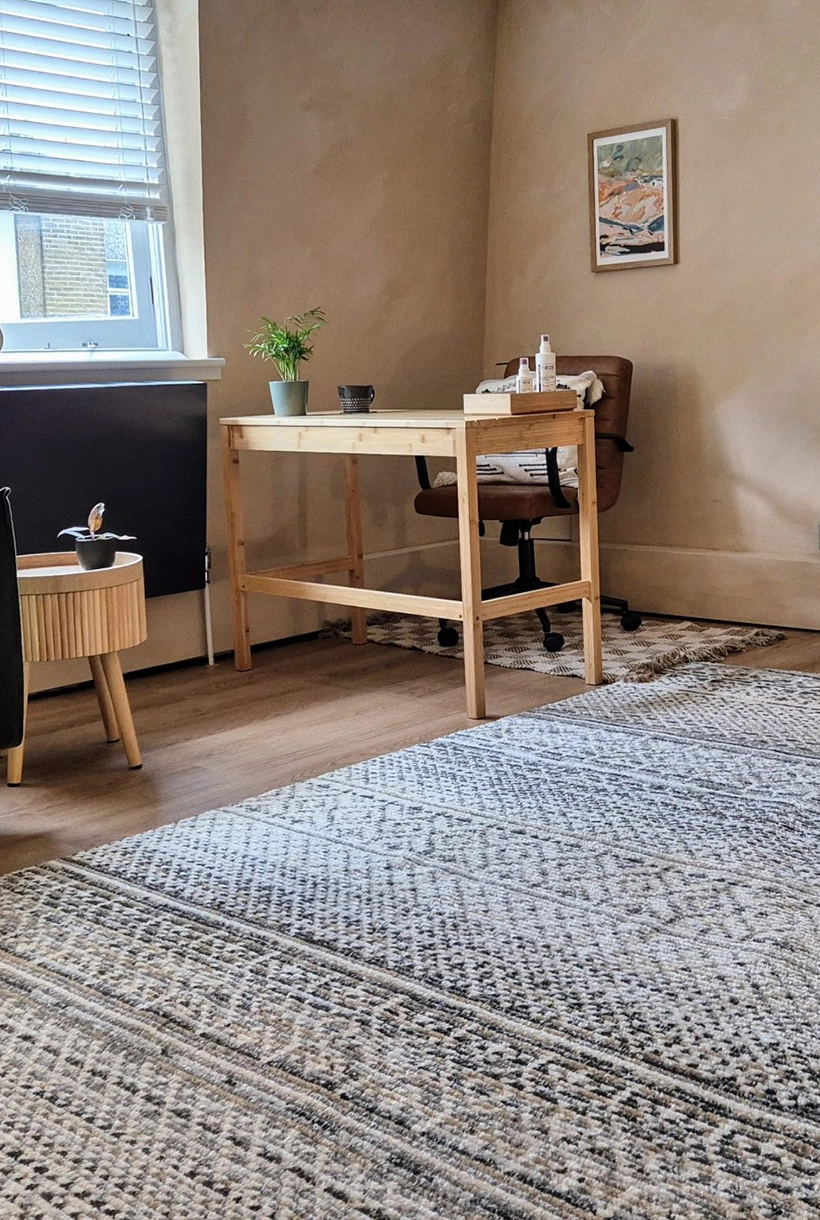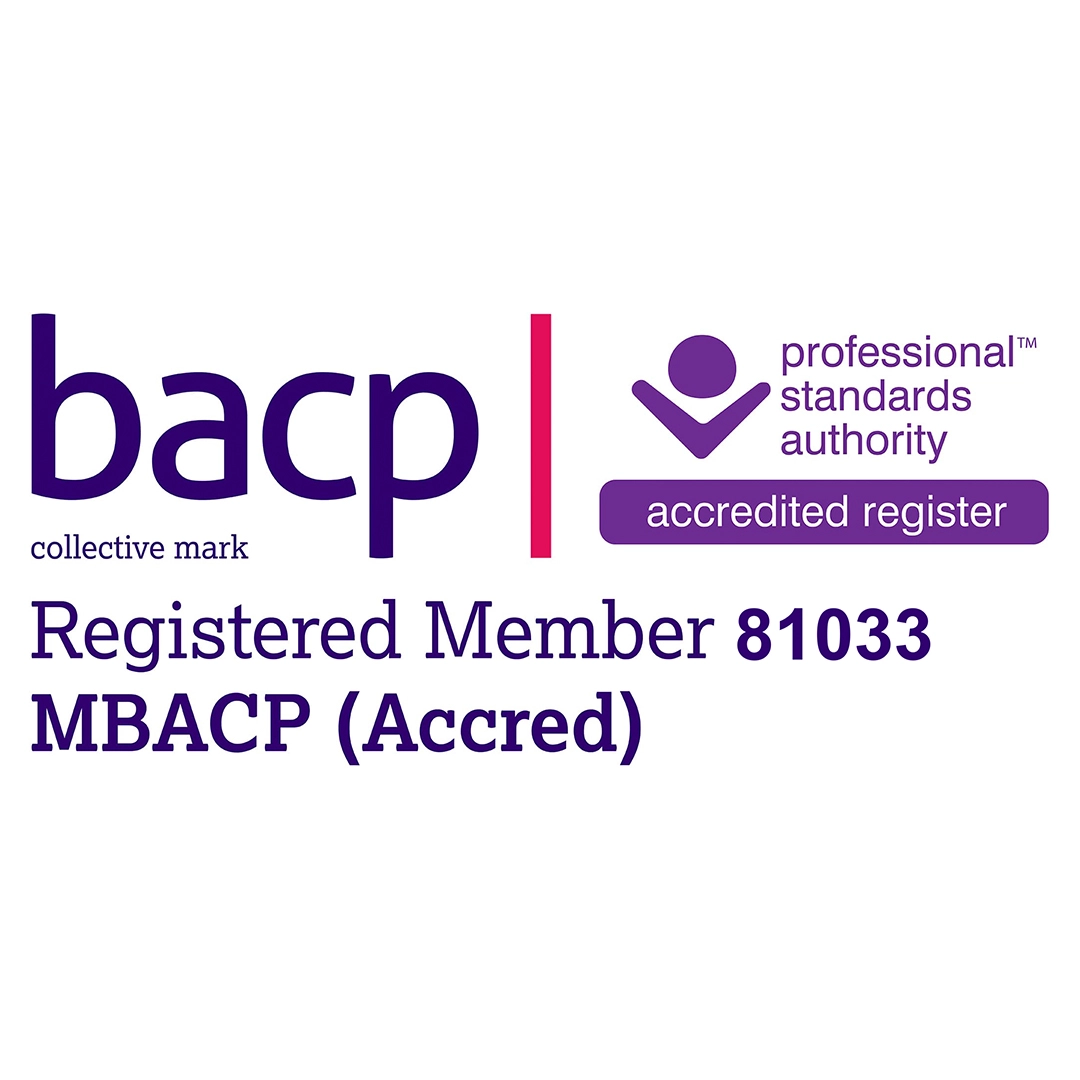

What to expect?
What happens in the first therapy session?
It’s normal to feel anxious or have doubts about coming to see a therapist, especially if it’s your first time considering therapy. As an experienced therapist, I’m aware of this and will do everything I can to make the start of therapy a comfortable experience for you. Most people find it’s a lot easier to talk than they had expected – and there’s no pressure to talk about anything you’re not ready to get into yet.
The first session usually involves talking about what brings you therapy at this point in your life and what is most important for you to talk about. I’ll probably ask you more questions in the early sessions than I would do at a later phase of therapy – this is so that I can get to know you and the context of your life. We’ll probably cover topics such as your family background, your current relationships, and any experiences you have of previous therapy or other mental health related treatment.
There will also be time to discuss the practicalities of our work together – and I’ll talk you to through confidentiality, my cancellation policy and payment arrangements.
You can also ask me questions about the way I work and what to expect going forward.
Can I have fortnightly sessions?
I don’t offer fortnightly or monthly sessions. Therapy with me involves meeting at the same time every week (or sometimes, twice a week). I do this based on years of experience because I want you to get the most of your therapy. In this type of therapy, the frequency is part of what helps as it allows us the time and space needed to understand things at depth and to experience how our therapeutic relationship evolves as we spend time together. The regular sessions also offer a safe framework for the work and become a supportive space where we can work on things together. In my experience, fortnightly or monthly sessions tend to become a “catch up” for reporting what has happened since the last meeting.
What is a BACP accredited counsellor or psychotherapist?
Counselling and psychotherapy are unfortunately not protected titles in the UK, which means legally anyone could set up in practice and present themselves as a counsellor or psychotherapist. There are membership bodies that those with appropriate levels of qualifications can join to show their commitment to professional, ethical and safe practise. BACP – the British Association for Counselling and Psychotherapy – is one of the biggest of these. It’s also an organisational member of the Professional Standards Authority. It is only possible to become a full member of BACP with appropriate qualifications so if you choose a BACP registered and/or accredited therapist, you’ll know they have undertaken at least 2-3 years of rigorous training that included a supervised placement working with clients under close supervision.
BACP has different membership levels. Qualified counsellors and psychotherapists who meet BACP’s minimum standards for training and supervised client work can become Registered Members. Accreditation is a further voluntary step experienced therapists can take to further evidence their experience – the accreditation process involves submitting a long case study, evidence of continued professional development, self-development and proof of at least 450 supervised client hours worked over a minimum of 3 years. BACP accredited practitioners are committed to working in line with the BACP Ethical Framework and undertaking a minimum of 1.5 hours of supervision per month and 30 hours of continued professional development hours over the year.
How many sessions will I need?
I generally work with people longer term which means anything from 6 months to many years. It’s impossible to say at the outset how many sessions you will personally need and it’s something we’ll review along the way. It is however best to approach therapy with the expectation that it will be a longer process.
I do also have experience of working in a more time-limited way in the charity sector and in my private practice. Shorter term work may be suitable for focusing on a specific issue or event (such as a bereavement). However, if you are looking for a brief, solution-focused therapy then you might find other approaches more useful. If, however, you are looking to address deep-seated issues and work at depth, and are open to a more explorative process, then the psychodynamic approach is likely a good fit for you. It is important to me that you understand what is involved in the process, and I will help you to find the right type of therapy for you – even if that means my way of working isn’t right for you.
Do you accept payments through health insurance?
Yes. I’m currently a registered provider with WPA, Aviva and Vitality.
How do I pay for therapy sessions?
Payment is made via bank transfer and I’ll give you the details and instructions when we agree to book in an initial session.
Accreditations


Private counselling and therapy in Shoreditch, London EC2A near Hackney, Brick Lane and Liverpool Street, and online.

